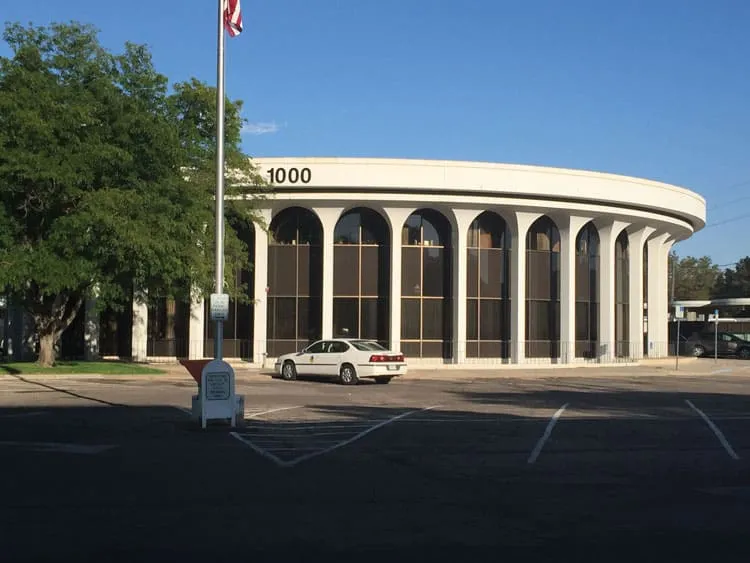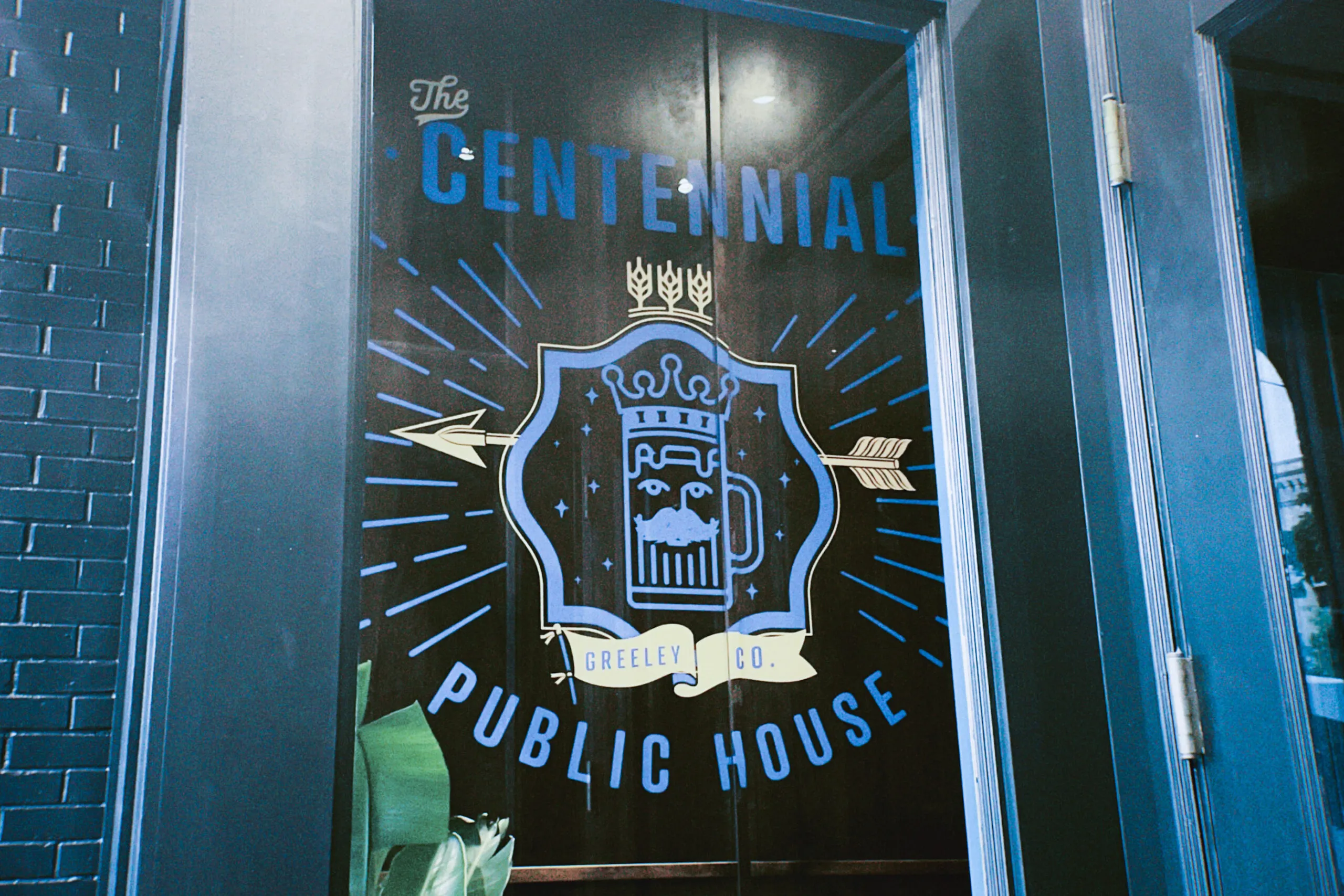Greeley leaders talk financing, numbers on proposed arena project

Dreams for a massive hockey arena, hotel, convention center and indoor water park are easy to get excited about, but Greeley City Council members on Wednesday learned that financing a $1.1 billion project is not so easy.
THIS ARTICLE IS FOR SUBSCRIBERS ONLY
Continue reading for less than $3 per week!
Get a month of award-winning local business news, trends and insights
Access award-winning content today!
Already have a paid subscription?





